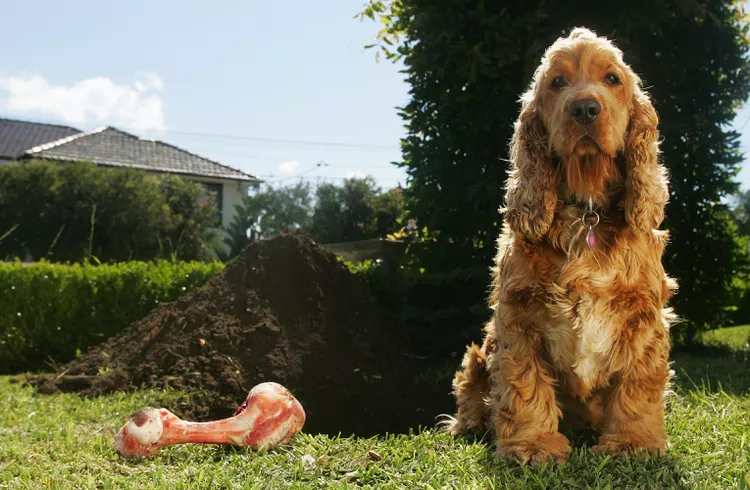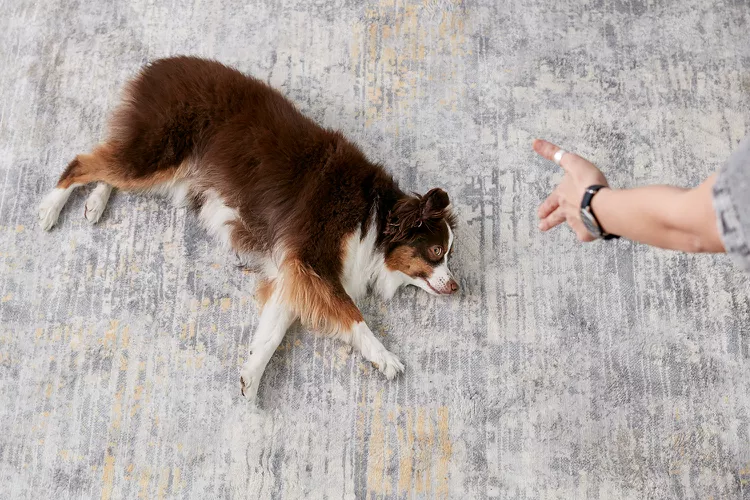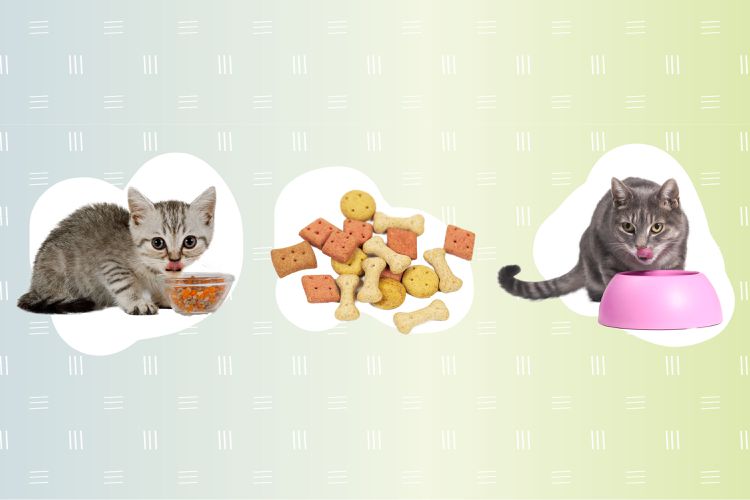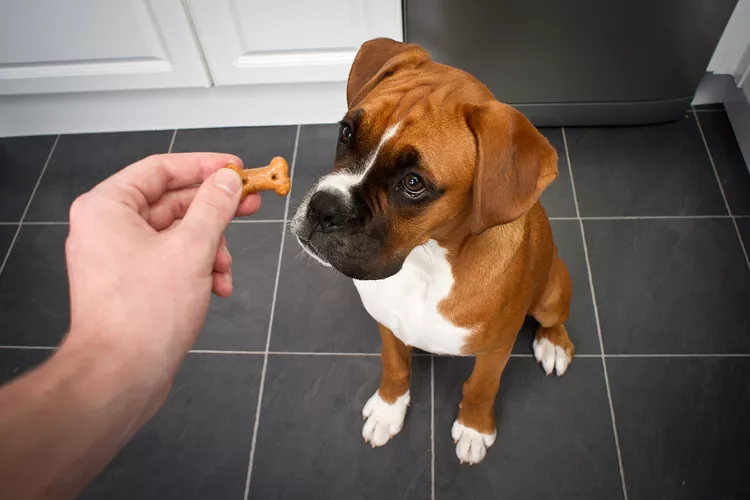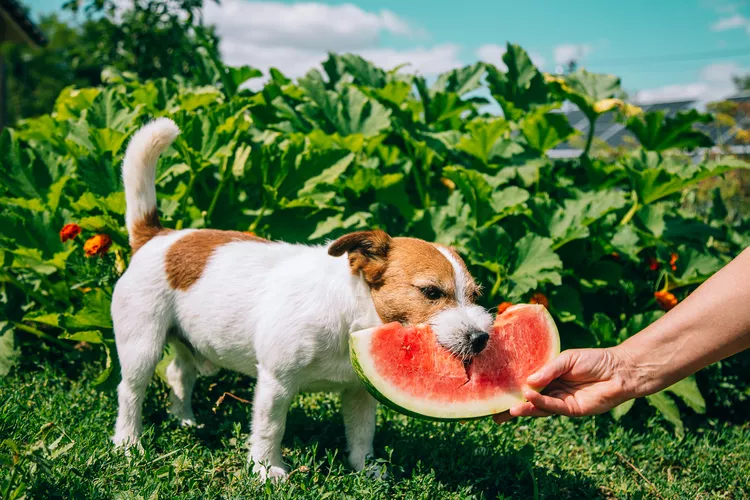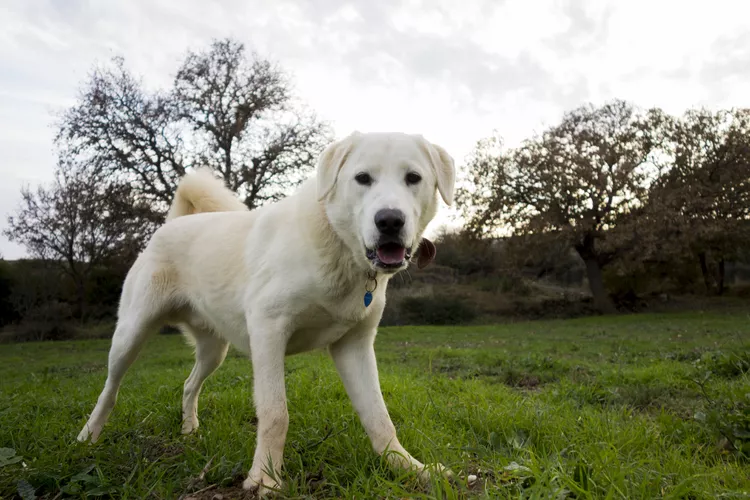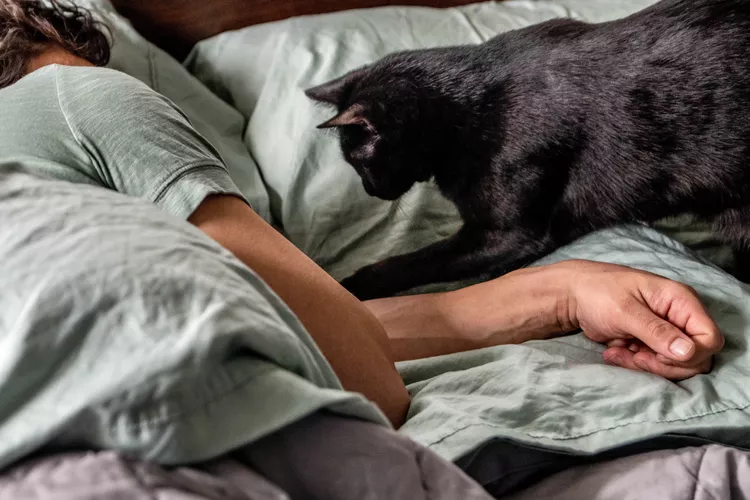Found in smoothies, salads, and various health foods, kale is considered a superfood for humans, with benefits ranging from improving vision to even warding off cancer and other diseases. So it's no surprise that many pet owners wonder if it's safe to share some of these disease-fighting benefits with their favorite four-legged friend.
Is Kale Safe for Dogs?
The problem with kale for dogs is that even though the health benefits for humans may be seemingly endless, the benefits for canines haven't been thoroughly investigated. The other issue is that kale contains certain natural compounds, including calcium oxalate and isothiocyanates, that can be harmful for dogs.
Calcium oxalate can lead to health issues including kidney and bladder stones. Dogs that are already prone to these issues should avoid kale and other foods that contain calcium oxalate, which include spinach, beet greens and roots of beets, collards, parsley, leeks, quinoa, okra, and Swiss chard. Although kidney and bladder stones are usually treatable, veterinary experts warn that it simply might not be worth the risk.
Found in both kale and broccoli, as well as a few other leafy greens, isothiocyanates are another natural compound associated with potential health risks for dogs. Interestingly enough, that same compound is believed to be something of a cancer fighter in humans. Isothiocyanates can cause gastric irritation in some dogs, ranging from mild to severe, and even be potentially fatal in large amounts.
Because both broccoli and kale contain similar levels of this compound, they are both only considered safe for dogs if the total amount ingested is less than 10 percent of their daily intake. If your dog consumed over 25 percent of their intake, that's when the kale may become potentially toxic. Keep in mind that 25 percent might not be all that much for a larger breed, but if you have a Shih Tzu or other small or toy breed at home, just a few kale stalks can be dangerous.
One other potential concern with kale is that it can negatively impact your dog's thyroid function if offered on a regular basis. Dogs who already have hypothyroidism can also suffer from medication interactions if they consume large amounts of kale on a regular basis.
As a result, occasionally offering your pooch small amounts of kale likely won't cause any damage, but some veterinarians may caution against using kale as a treat or regular component of a homemade diet, particularly if your pet already has certain underlying medical issues.
Can Eating Kale Benefit Dogs?
While the jury still seems to be out on exactly how much kale (and other similar veggies) can benefit our pets, we do know that kale is jam-packed with numerous vitamins and minerals, while being rich in fiber and low in calories. It's an excellent source of vitamins including A, K, and C, as well as nutrients such as iron, calcium, magnesium, copper, and potassium. Rich in beta-carotene, kale is often touted as having potential cancer-fighting properties as well as helping to boost vision and overall eye health.
Will your dog reap some of these benefits if you occasionally offer him kale? The answer is most likely yes. But because there are some potential risks associated with kale, pet owners should discuss whether the potential risks outweigh the benefits with their dog's veterinarian.
If you do opt to feed kale to your dog, be sure that it's thoroughly washed to remove any residual pesticides. It can be cooked or steamed without adding any seasonings, some of which can be harmful for dogs, and cut into bite-sized pieces to reduce the risk or choking and make the greens easier for your pooch to digest. Some pet owners even puree the kale before adding it to their dog's regular food for an extra nutrient boost.
What to Do if Your Dog Eats Kale
While a small amount of kale is probably harmless, not all dogs will react the same way. And, of course, your dog's size will play a significant role in the kind of reaction he or she may have to a human food like kale.
Every dog is unique, and what irritates some dogs is safe to feed others. As always, be sure to check in with your veterinarian before offering kale, and monitor your dog closely after offering a small amount the first time to ensure that their digestive system can tolerate it.
If your dog manages to steal a significant amount of kale from your plate, the first thing to do is monitor him or her closely for any signs of intestinal upset, including vomiting or diarrhea, as well as potential signs of kidney or bladder stones, which may include difficulty urinating or other changes in their typical urination habits. If these symptoms are detected, you will need to alert your veterinarian immediately.


